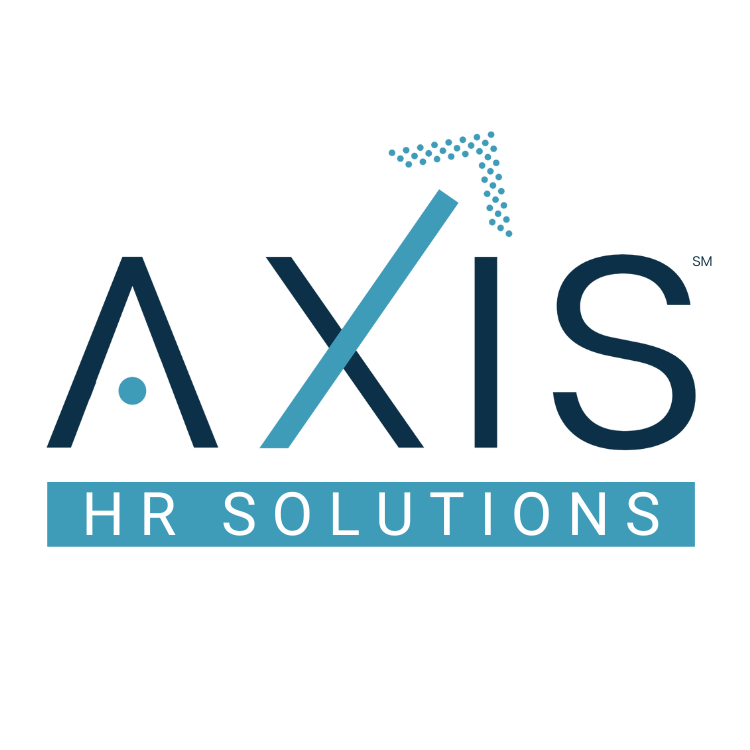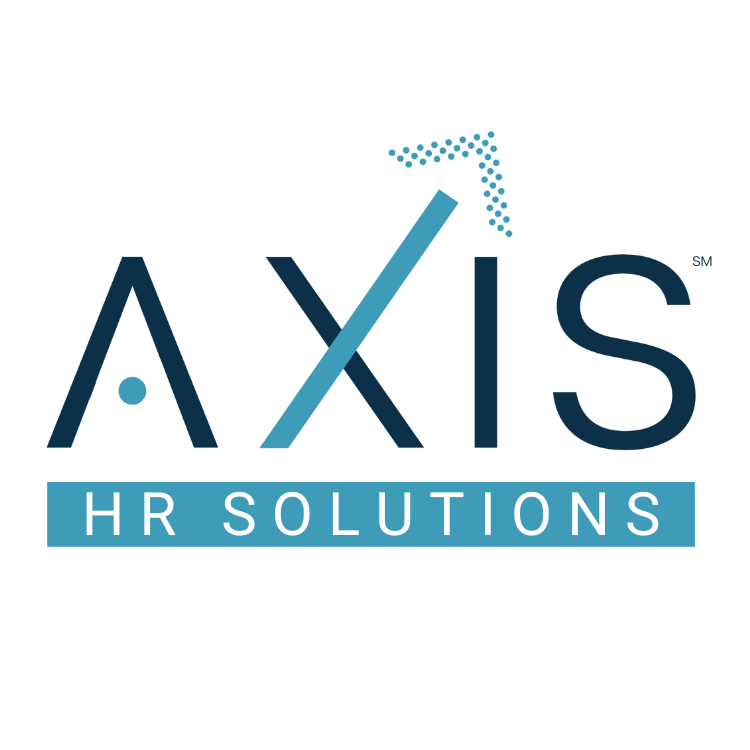Not necessarily, but you are required to reasonably accommodate candidates with disabilities, including candidates who are deaf. Reasonable accommodations can include sign language interpreters but can also include written materials produced in alternative formats, such as Braille, large print, or on audio- cassette. You should choose an accommodation that enables the candidate to participate fully in the interview process.
Start this process by asking the candidate which accommodation they prefer and why. Although you are not required to provide the candidate’s preferred accommodation, you are required to provide them an accommodation that works—i.e., one that enables them to effectively communicate with the interviewers. If the only accommodation that works is an ASL interpreter because, for example, the candidate writes slowly and does not know ESL, then ASL is the right accommodation to provide. If, on the other hand, the candidate tells you that he communicates just as well in writing, you could forego the interpreter and opt for a written interview. The “correct answer” (if there is one) depends on the facts of the case.
Whichever accommodation you choose, you as the employer are responsible for paying the interpreter’s bill. This is true even if the interpreter charges a lot. Although employers are sometimes exempted from providing accommodations that impose an undue burden, increased expenses alone (even if significant) are not enough. Thus, assuming a candidate can plausibly show that he communicates best using ASL or ESL, and that written options are not as effective, you will be on the hook for hiring an interpreter.
Axis HR Solutions stands ready to partner with your organization to mitigate potential compliance pitfalls, like this one. Contact us today for more information at www.axishrky.com



